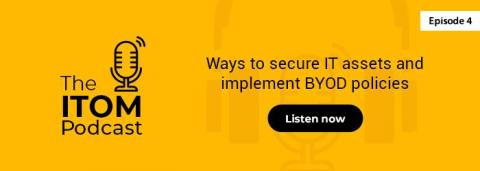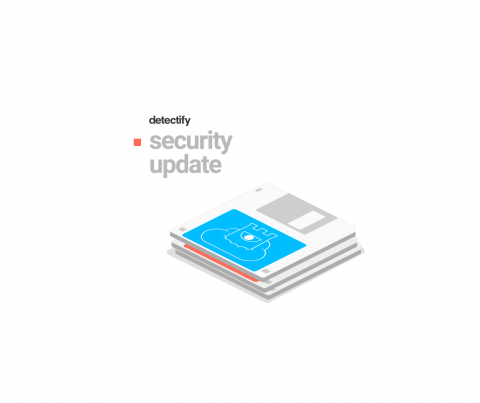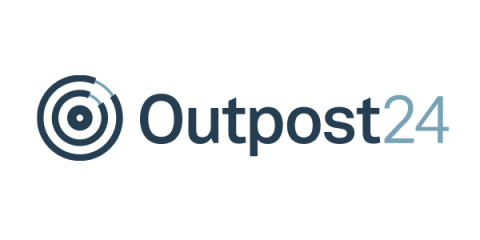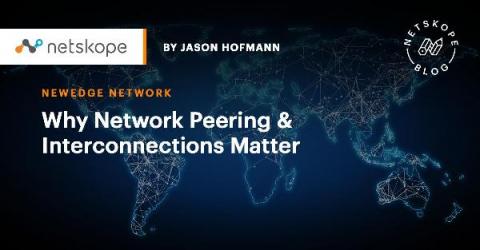How to defend your IT assets while implementing BYOD policies: The ITOM Podcast [Episode 4]
Gear up! The ITOM Podcast is back with an all new episode intended to help you surmount all your remote work challenges in an IT environment. In the last episode, we discussed VPN monitoring in detail, the challenges encountered while monitoring VPNs, and the key metrics to track to overcome those challenges. This week, we will deep dive into endpoint security and BYOD policies.











